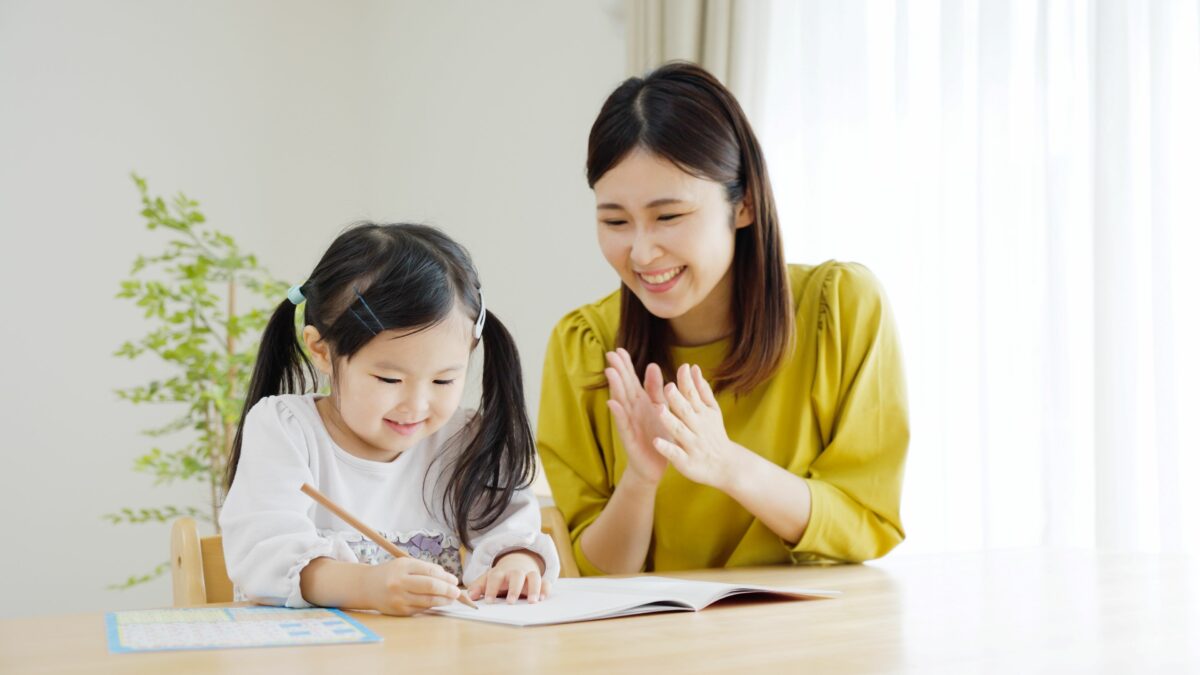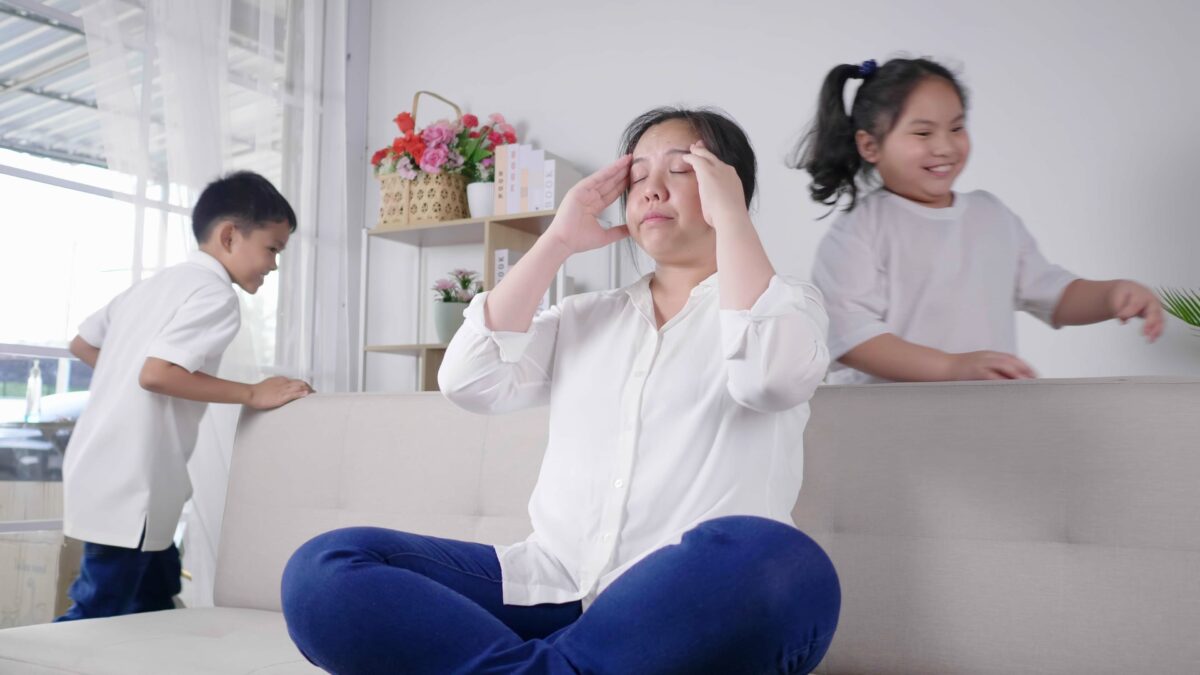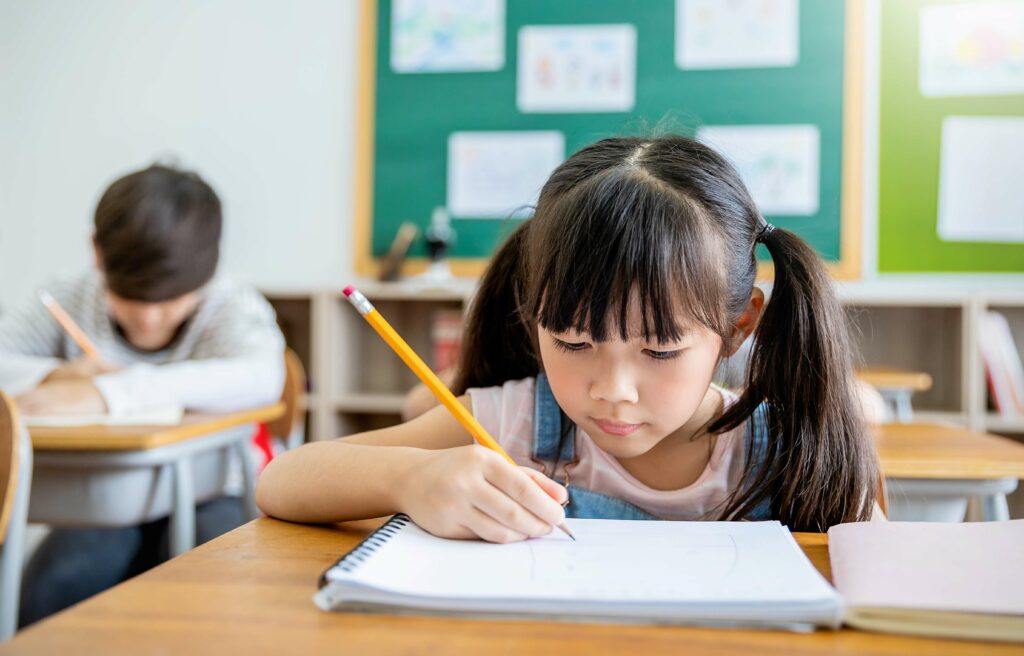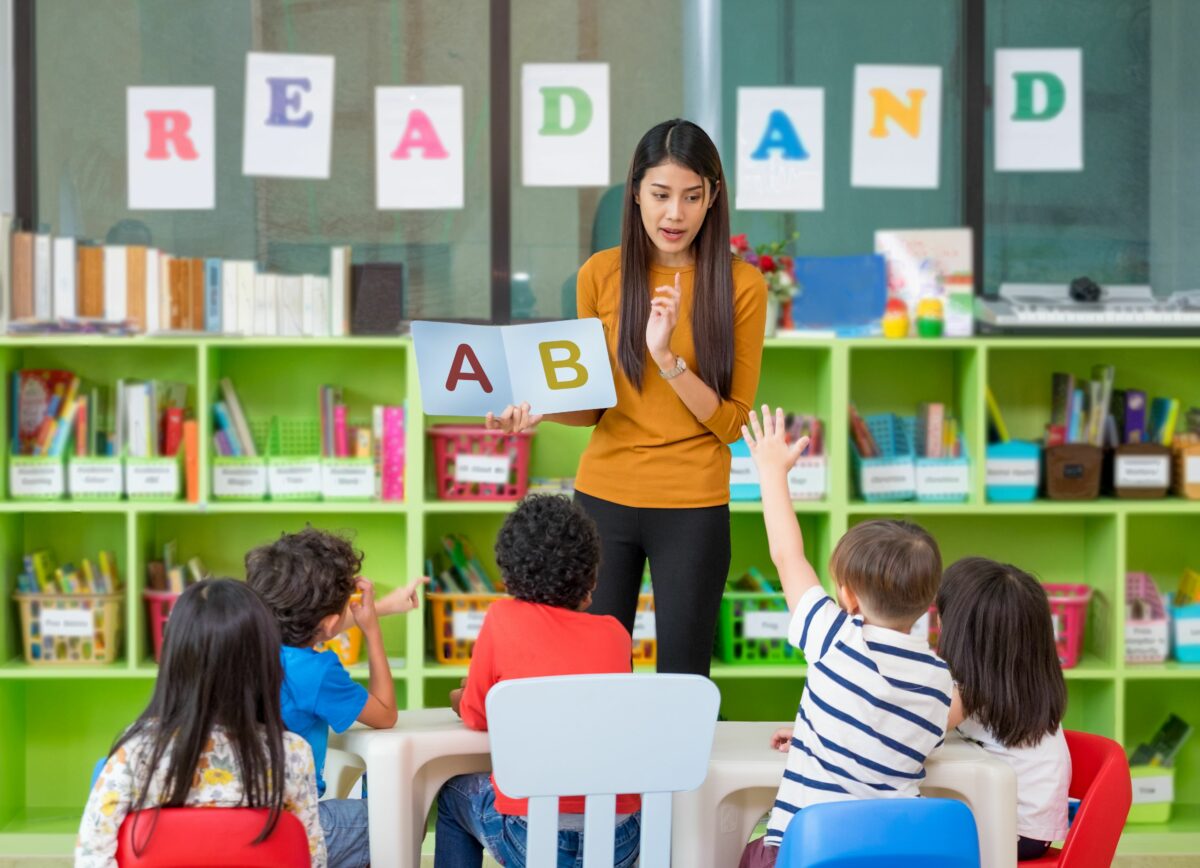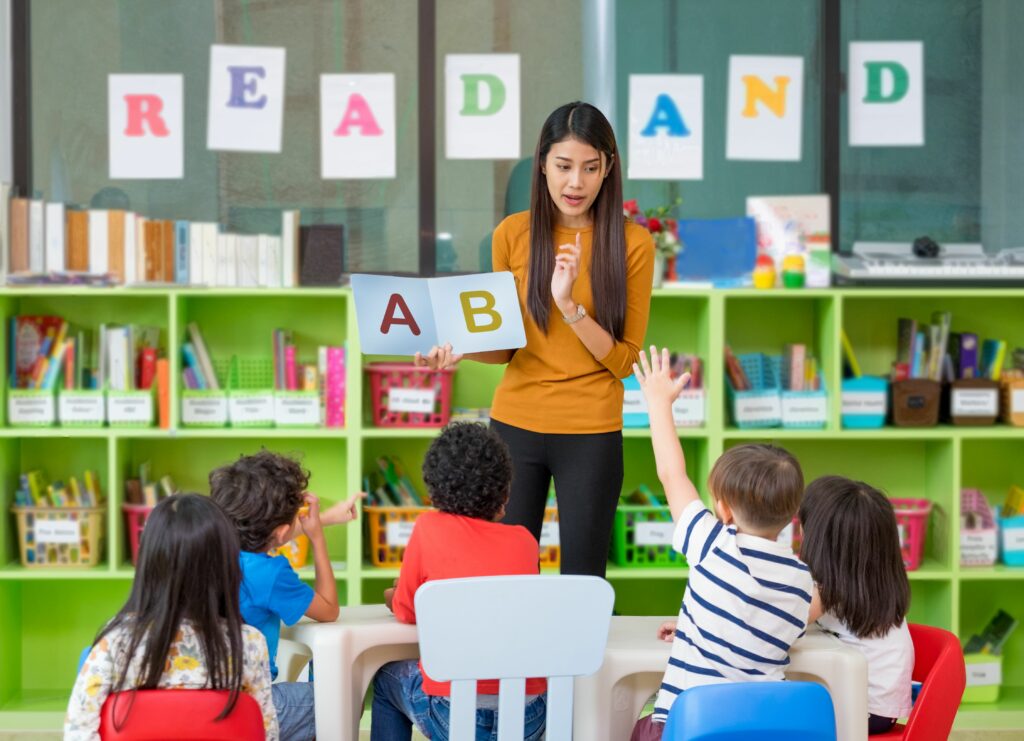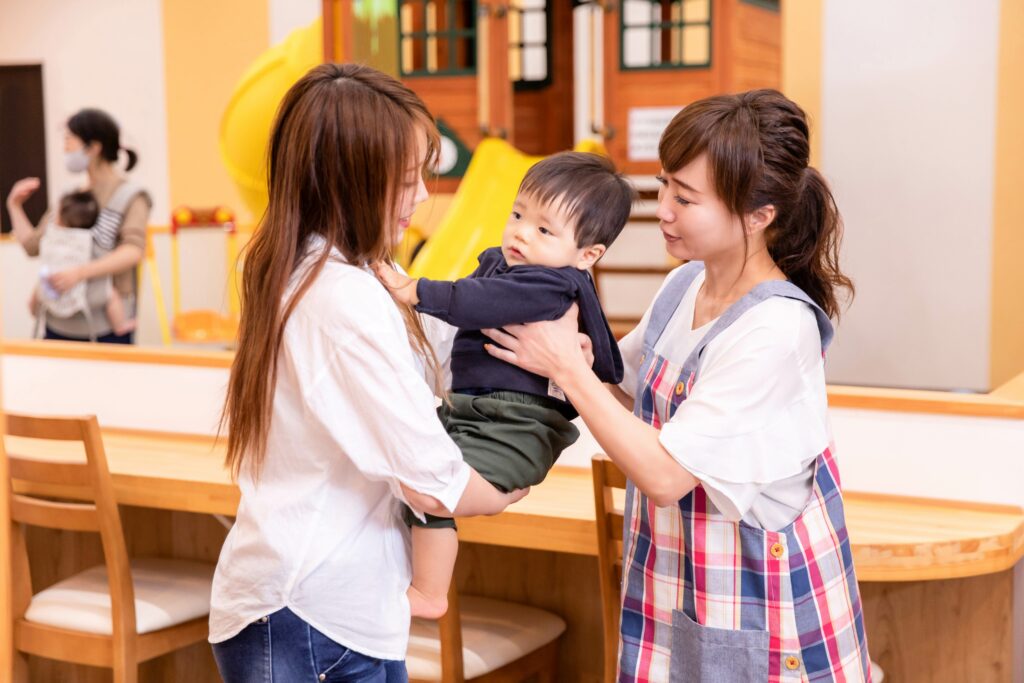Parents Zone
August 2023

Written by: Dr. Tik Chi-yuen, Director of the Hong Kong Institute of Family Education
In a study conducted earlier, it was found that nearly sixty percent of children felt that their parents did not communicate with them using the language of love, and nearly half of the parents tended to use authoritarian and indifferent approaches when disciplining their children. In fact, the mode of parent-child communication is crucial for establishing a strong parent-child relationship. In this article, I would like to share the results and recommendations related to this survey.
According to research in well-known psychology studies in the United States, parents’ disciplinary styles can be categorized into the enlightened type, which utilizes the “language of love,” and the authoritarian, permissive, and indifferent types, which fall under the category of “non-loving languages.” Based on the responses from children, only forty percent of parents were considered as the enlightened type in the eyes of their children, while one percent fell into the permissive type. The remaining nearly half of the parents were classified as either authoritarian or indifferent types, with the proportions being twenty-seven percent and twenty-two percent, respectively.

The survey also revealed significant discrepancies between parents and children’s ideals and realities in three different situations, with academic performance being particularly severe. Sixty-two percent of children expected their parents to adopt an enlightened approach in handling academic performance, but in reality, only thirty-seven percent of parents fell into this category. Similarly, there was a significant gap between parents’ ideals and realities. Only four percent of parents believed that they had an authoritarian relationship with their children in terms of academic performance, but in reality, thirty-one percent of parents were categorized as “authoritarian.” This reflects the difficulties parents face when dealing with their children’s academic performance and how they unconsciously resort to “non-loving languages.” Nowadays, many parents excessively intervene in their children’s studies, sparing no expense in arranging numerous learning activities and various tuition classes, aiming to keep their children at the forefront of learning. This has led to numerous conflicts between parents and children and even emotional distress.
As parents, we should cultivate the habit of using the “language of love” because the more we utilize positive words such as praise, encouragement, care, acceptance, appreciation, and affirmation, the more our children will understand that our discipline includes both love and boundaries, helping them grow into individuals with self-esteem and confidence. The author believes that most parents’ intentions behind their words to their children are for their children’s good. However, inappropriate words cannot only harm the parent-child relationship but also lead children to rebel. On the other hand, appropriate words can make children willingly accept and do their best.
When communicating with their children, parents are advised to:
✧ Use kind, praising, and encouraging words.
✧ Provide positive guidance.
✧ Praise the child when they do well.
✧ Pay attention to the child’s responses and consider their own reactions.
✧ Even when saying “no,” avoid using negative language.






















